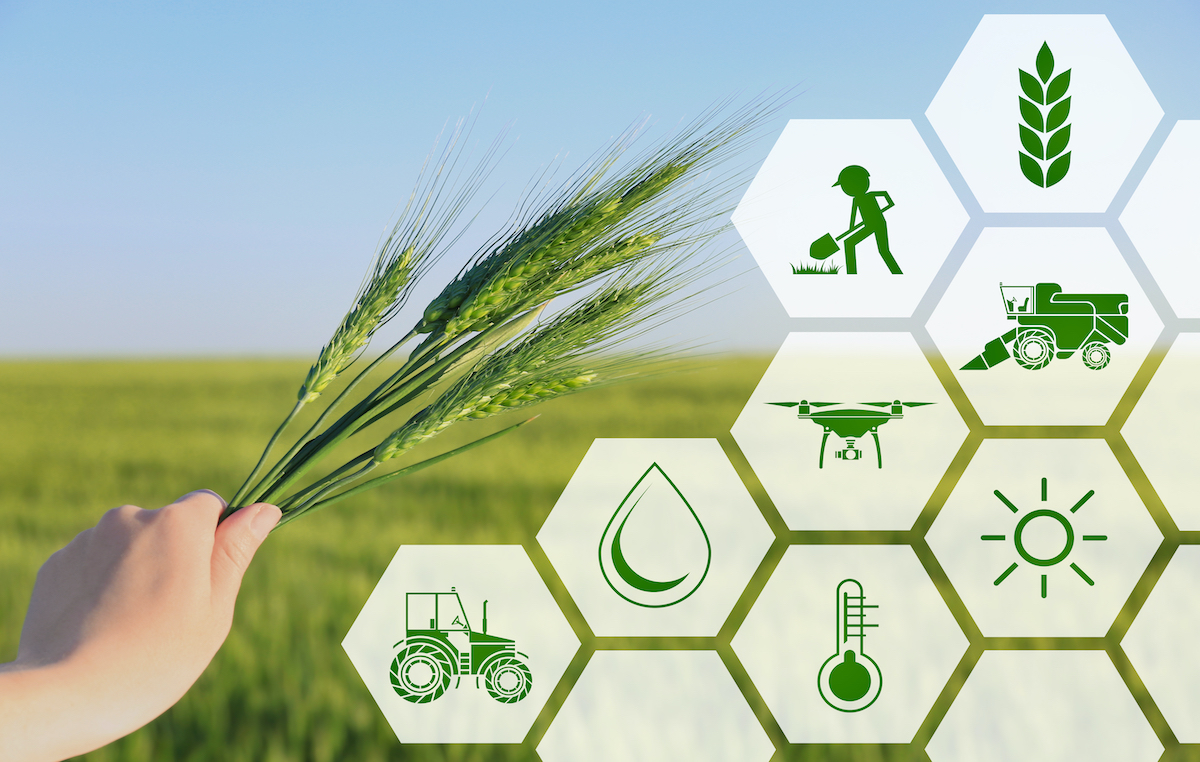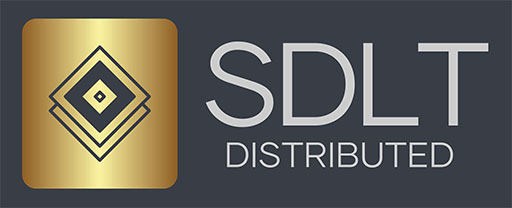
Feed the growing population with blockchain for agriculture
Population growth continues to put pressure on food supplies
This threatens not only food quality, but food quantity too. Global food production will need to increase 70% by 2050 in order to satisfy an (underestimated) predicted population of 9.1 billion people. Developing regions in particular, where the population is increasing at a faster pace, forecast that their food production will need to double to satisfy demand. In the more economically developed world, countries will also need to expand their food output to feed populations that are characterised by longer life expectancies and higher rates of immigration. Whilst working to increase food production, the global agri-food industry will face substantial challenges from climate stress, soil degradation, groundwater depletion, and urbanisation – to name a few.
Blockchain technology will provide much-needed acceleration of agriculture development
Simply put, blockchain is a series of individual time-stamped records that are secured and linked together via cryptographic principles. It is a type of distributed ledger technology that processes, validates, and authorises transactions to then be logged on a single immutable ledger. Blockchain technology and distributed ledgers can make both accessing and storing information much easier and more efficient. The relatively new digital technology is set to transform the agri-food industry by improving food quality and safety protocols, optimising logistics, enhancing data management capabilities, reducing transaction costs, and enabling robust traceability.
The farming ecosystem is complicated with a lot of moving parts that require careful timing
Blockchain for agriculture is a strong case for simplifying and growing the food production process. It is the technology to revamp and optimise existing processes – from tracking consumer demand and transaction settlements to tracing food source/provenance. Blockchain for agriculture brings tangible value to the growers. The unalterable ledger acts as a single source of truth for all stakeholders in the network, recording data about weather conditions, provenance, inventory, and contracts across the supply chain. All of this important data exists in one central (and interoperable) blockchain system for increased efficiency and sharing of information across supply chain actors. Blockchain not only delivers visibility for record management and traceability, the digitisation and automation can save significant time/energy in the agri-food value chain.
15 benefits of blockchain for agriculture
Blockchain brings enhanced data management capabilities, optimised logistics, reduced transaction costs, robust traceability, improved food quality and safety protocols. The technology accelerates transparency across the agricultural sector so that producers can provide authenticated foodstuff to consumers from the farm to the fork, which in turn largely mitigates potential food fraud. In addition, the interaction between blockchain & IoT sensors will enhance the quality of food crops and the farming process. It will also help to observe commodity abundance, reduce illegal harvesting, and shipping shams. Integrated IoT sensors capturing important data – about the weather, water level, soil temperature, fertiliser info, etc. – can send it to the blockchain. All the important data will be securely stored, with smart contracts triggered and actioned accordingly. Blockchain-based smart contracts, that execute themselves upon a pre-agreed set of conditions being met, are going to be very effective in the agricultural domain. Automated payments will also be pioneering when it comes to agricultural insurance, green bonds, and traceability. Lastly, blockchain makes the agri-food sector attractive to (and profitable for) small-scale farmers, who collectively will play an instrumental role in feeding the world. Overall, blockchain for agriculture will create substantial efficiency gains for the produce value chain. To find out more about how SDLT can develop customised blockchain infrastructure to help with your smart farming solutions, please contact Adrian Apperley directly at +66 (0) 8 1751 8308 or through .
![]() IoT linkages improve quality control with less spoilage, damage, disease, etc.
IoT linkages improve quality control with less spoilage, damage, disease, etc.![]() Smart contracts eliminate unnecessary logistics delays
Smart contracts eliminate unnecessary logistics delays![]() Emissions and waste reduction
Emissions and waste reduction![]() Traceability and auditability across the produce value chain
Traceability and auditability across the produce value chain![]() Superior data security and integrity
Superior data security and integrity![]() Information transparency with all stakeholders, including customers
Information transparency with all stakeholders, including customers![]() Proof of provenance and ethical practices
Proof of provenance and ethical practices![]() Increased customer satisfaction and awareness
Increased customer satisfaction and awareness![]() Sustainable business processes and support for environmentally friendly initiatives
Sustainable business processes and support for environmentally friendly initiatives![]() Removes need for intermediaries and simplifies deliveries
Removes need for intermediaries and simplifies deliveries![]() Farmers can sell direct to market with lower transaction fees
Farmers can sell direct to market with lower transaction fees![]() Smart contracts automate financing for small-scale farmers
Smart contracts automate financing for small-scale farmers![]() Automated insurance protection against crop failure
Automated insurance protection against crop failure![]() Overcome transactional limitations in emerging economies
Overcome transactional limitations in emerging economies![]() Complete visibility of transactions and fraud mitigation
Complete visibility of transactions and fraud mitigationBlockchain for agriculture offers efficiency gains across the agri-food value chain
Government Steps Up Action Against Spam Calls and SMS
CREDIT : Business Standard The Union Minister of Communications and Development of North Eastern Region, Shri Jyotiraditya Scindia, shared significant details in a written reply to the Rajya Sabha, highlighting the government’s efforts to combat the persistent issue of spam calls and messages. Recent data reveals a staggering number of complaints regarding unsolicited communications, demonstrating
800% Growth in DLT Projects: Broadridge Study Shows Digital Assets Transforming Global Finance at 4X Rate
85% of respondents see intraday liquidity as the key outcome of DLT and digital assets Live industry participation with DLT has increased 800% since 2020 45% of banks issued a digital asset in the last 12 months Digital asset adoption is growing at a rate of two to four times annually , /PRNewswire/ -- Global Fintech
Unlocking Sustainable Finance through AI and Blockchain
GreenAI.earth – Unlocking Sustainable Finance through AI and Blockchain By SDLT Asia Team – Blog Post 19 March…

